National Invasive Species Awareness Week (二月份 24-28, 2020) kicks off today!
Each year, folks around the country take a week to consider the many impacts that non-native invasive species have on our communities, working lands, natural areas, and pocketbooks. So take a moment to celebrate with the WeedWise Program to learn a little more about the invasive species impacting our area. You might also learn how you can join your friends and neighbors in preventing the impact of these invasive weeds.
Why Should We Worry About Invasive Species?
A recent study found an estimated annual loss of almost $83.5 million in personal income to Oregon’s economy from just 25 selected weed species. These costs are estimated to balloon to $1.8 billion if invasive weeds are left untreated. We all foot the bill for invasive species through increased food costs, increased costs of natural resources, higher taxes, and decreased property values. These impacts clearly show the economic benefits associated with controlling invasive weeds.
Invasive weeds not only impact our finances, but they also impact the livability of our communities. Invasive weeds like blackberry and gorse have long thorns that limit our ability to enjoy our open spaces and natural areas. While other invasive weeds like giant hogweed and spurge laurel can cause burns or rashes if we come into contact with them.
Invasive species also impact the natural beauty of the landscape. They replace our native plants, that fish and wildlife depend upon for food and shelter. In this way, invasive weeds replace our natural wonders with a degraded landscape that is less “Oregon-like”.
So join your friends and neighbors in helping to stop the Silent Invasion!
您可以提供的十种帮助
- Learn about invasive weed species, especially those found in your region. Check out the WeedWise website for more information, or attend the Columbia Gorge CWMA Invasive Species and Exotic Pest Workshop being held during NISAW!
- Learn more about invasive pests that threaten our crops and trees through the Oregon Forest Pest Detector program.
- Clean hiking boots, waders, boats and trailers, off-road vehicles and other gear to stop invasive species from hitching a ride to a new location. Learn more at PlayCleanGo.org.
- 避免向水道倾倒水族箱或活饵。了解更多信息,请访问Habitattitude.org。
- 不要移动木柴,而是在您要燃烧的地方购买,或者在允许的情况下就地收集。了解更多信息,请访问DontMoveFirewood.org。
- Use forage, hay, mulch, and soil that are certified as “weed-free.”
- 只在花园中种植非入侵植物,并清除任何已知的入侵者。
- Report new or expanded invasive species outbreaks to the Oregon Invasive Species Hotline. Early detection is the key to success!
- Volunteer to help remove invasive species in our open spaces and natural areas. Contact your local watershed council or visit the SOLVE website for volunteer opportunities near you!
- Talk to your friends, family, and neighbors about invasive species and the impact they have on our state.
Register for one or all NISAW webinars:
星期一, 二月份 24, 2020
9:00 AM – 10:00 AM PST
What is The National Invasive Species Council?
11:00 AM – 12:30 PM PST
Challenges and New Technology for Managing Invasive Fish
星期二, 二月份 25, 2020
11:00 AM – 12:00 PM PST
Regulations That Apply to Moving Firewood Right Now
星期三, 二月份 26, 2020
11:00 AM – 12:00 PM PST
Overcoming triclopyr confusion: safety, efficacy, and selectivity issues for applicators
星期四, 二月份 27, 2020
11:00 AM – 12:30 PM PST
Investigating the Health Effects of Glyphosate
星期五, 二月份 28, 2020
11:00 PM – 12:00 PM PST
Pathways, Coordination, and Legislation Update of Aquatic Invasive Species Prevention and Management
Want to learn more?
Check out this great introduction from Oregon Public Broadcasting’s program and watch the entire episode on the Silent Invasion site!

